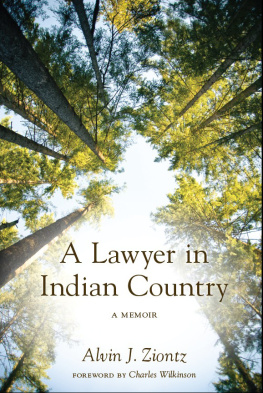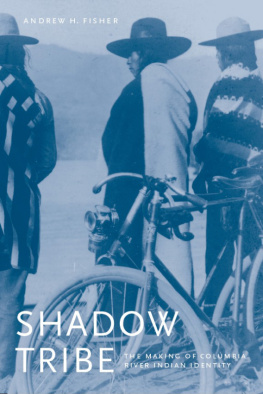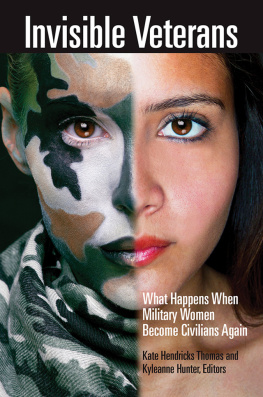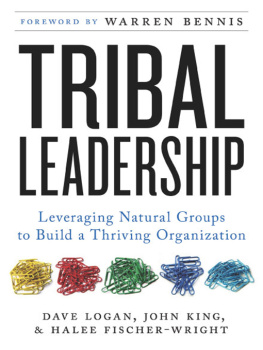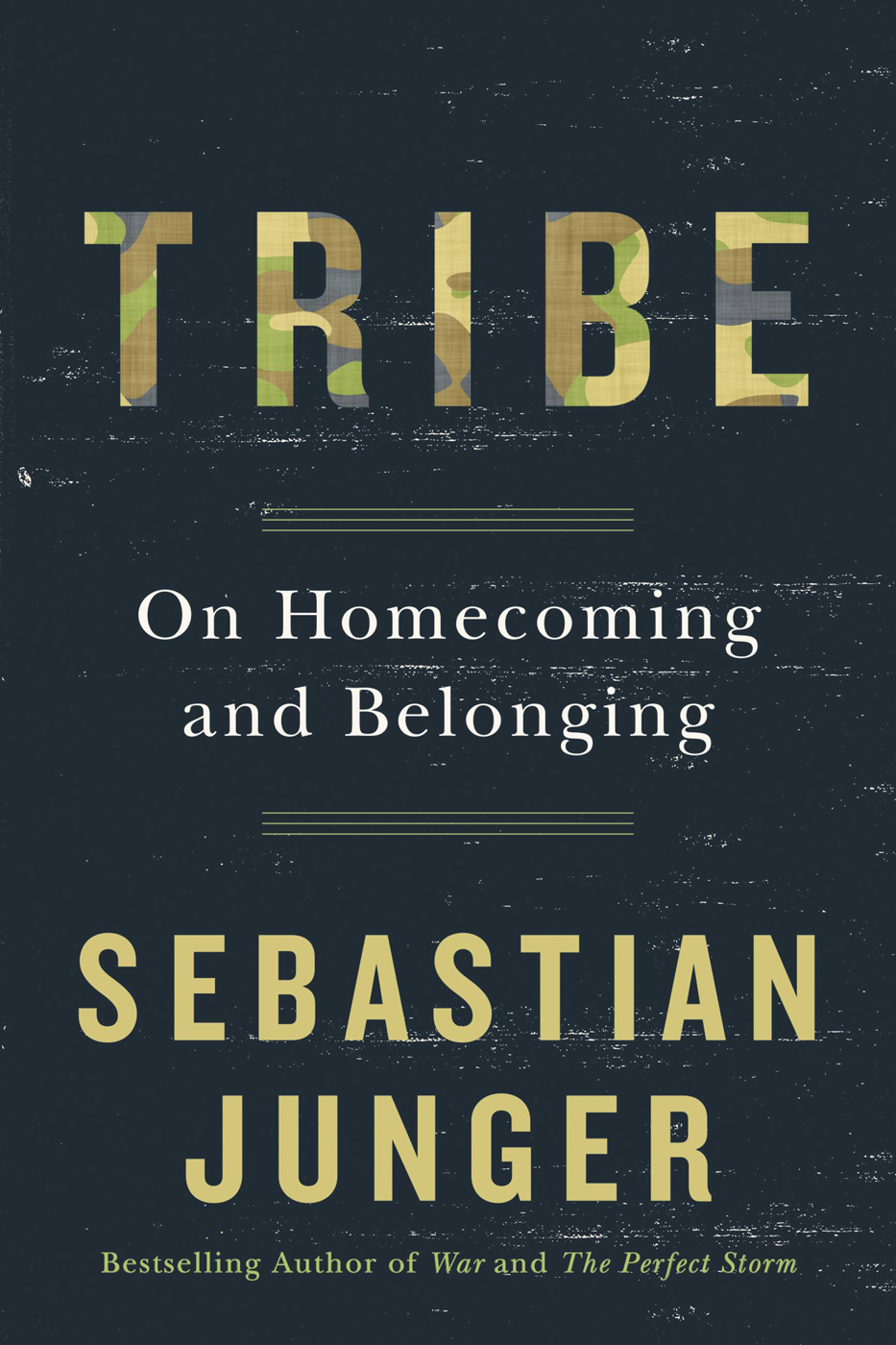This book grew out of an article that I wrote for the June 2015 issue of Vanity Fair titled How PTSD Became a Problem Far Beyond the Battlefield. Certain short sections of that article appear virtually unaltered in this book.
I have included all source material for this book in a section titled Source Notes. I do not use footnotes because this is not an academic book and footnotes can interfere with the ease of reading. Nevertheless, I felt that certain scientific studies about modern society, about combat, and about post-traumatic stress disorder had the potential to greatly surprise or even upset some readers. With that in mind, I decided to include at least a cursory mention of the source within the text so that in certain cases, readers could quickly verify the information for themselves.
Both the book and the article include phrases that some people find problematic or even offensive. The first is American Indian. Many people prefer the term Native American, although when I tried to use that with an Apache interview subject named Gregory Gomez, he pointed out that the term properly refers to people of any ethnicity born in the United States. He insisted that I use American Indian instead, and so I have.
The other problematic phrase is post-traumatic stress disorder. Some people understandably feel that the word disorder risks stigmatizing those who continue to struggle with wartime trauma. I ultimately decided to retain the word because any long-term traumatic reactions would seem to qualify as a disruption of normal physical or mental functions, as the Oxford American Dictionary defines the word disorder. Most health care workersand many soldiersagreed with that position.
Finally, this book includes several first-person accounts of events that happened many years ago, in some cases before I was even a journalist. Those scenes are retrieved from my memory without the benefit of notes, and the dialogue was not recorded in any way except by my memory. Ordinarily, speech enclosed by quotation marks should be documented with a tape recorder or notebook, and any event should be written down as it happened or shortly thereafter. In the case of these few stories, however, I had to rely entirely on my memory. After giving the matter much thought, I decided that doing so was within my journalistic standards as long as I was clear with my readers about my lack of documentation. The people in those stories have been in my mind my entire life and have often served as crucial moral guides to my own behavior. I only wish I knew who all of them were so that I could thank them somehow.
In the fall of 1986, just out of college, I set out to hitchhike across the northwestern part of the United States. Id hardly ever been west of the Hudson River, and in my mind what waited for me out in Dakota and Wyoming and Montana was not only the real America but the real me as well. Id grown up in a Boston suburb where peoples homes were set behind deep hedges or protected by huge yards and neighbors hardly knew each other. And they didnt need to: nothing ever happened in my town that required anything close to a collective effort. Anything bad that happened was taken care of by the police or the fire department, or at the very least the town maintenance crews. (I worked for them one summer. I remember shoveling a little too hard one day and the foreman telling me to slow down because, as he said, Some of us have to get through a lifetime of this.)
The sheer predictability of life in an American suburb left me hopingsomewhat irresponsiblyfor a hurricane or a tornado or something that would require us to all band together to survive. Something that would make us feel like a tribe. What I wanted wasnt destruction and mayhem but the opposite: solidarity. I wanted the chance to prove my worth to my community and my peers, but I lived in a time and a place where nothing dangerous ever really happened. Surely this was new in the human experience, I thought. How do you become an adult in a society that doesnt ask for sacrifice? How do you become a man in a world that doesnt require courage?
Those kinds of tests clearly werent going to happen in my hometown, but putting myself in a situation where I had very little controllike hitchhiking across the countryseemed like a decent substitute. Thats how I wound up outside Gillette, Wyoming, one morning in late October 1986, with my pack leaned against the guardrail and an interstate map in my back pocket. Semis rattled over the bridge spacers and hurtled on toward the Rockies a hundred miles away. Pickup trucks passed with men in them who turned to stare as they went by. A few unrolled their window and threw beer bottles at me that exploded harmlessly against the asphalt.
In my pack I had a tent and sleeping bag, a set of aluminum cookpots, and a Swedish-made camping stove that ran on gasoline and had to be pressurized with a thumb pump. That and a weeks worth of food was all I had with me outside Gillette, Wyoming, that morning, when I saw a man walking toward me up the on-ramp from town.
From a distance I could see that he wore a quilted old canvas union suit and carried a black lunch box. I took my hands out of my pockets and turned to face him. He walked up and stood there studying me. His hair was wild and matted and his union suit was shiny with filth and grease at the thighs. He didnt look unkindly but I was young and alone and I watched him like a hawk. He asked me where I was headed.






